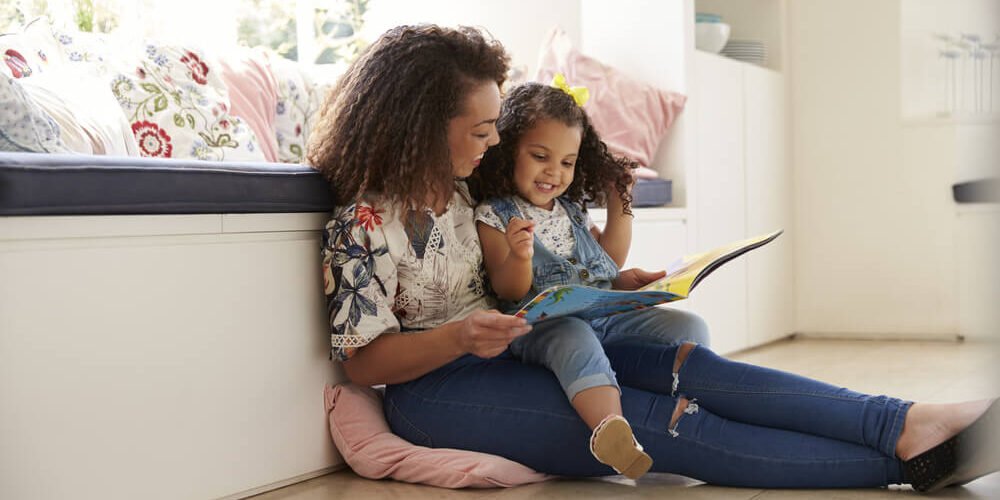In New Jersey, legal custody and physical custody are two distinct concepts in family law related to child custody arrangements. Here’s a brief explanation of the differences:
Legal Custody
- Definition: Legal custody refers to the authority to make important decisions regarding the child’s life, such as education, healthcare, religion, and general well-being.
- Decision-Making: A parent with legal custody has the right to participate in decisions that affect the child’s upbringing and welfare. This includes choices about schooling, medical treatments, and religious practices.
- Joint or Sole Legal Custody: Legal custody can be joint, where both parents share decision-making responsibilities, or sole, where only one parent has the authority.
Physical Custody
- Definition: Physical custody pertains to where the child resides on a day-to-day basis and the actual time spent with each parent.
- Time Spent with Each Parent: The parent with physical custody is responsible for the daily care of the child and provides the living arrangements. The other parent may have visitation rights or parenting time.
- Joint or Sole Physical Custody: Physical custody can be joint, where the child spends significant time with both parents, or sole, where the child primarily resides with one parent.
In many cases, custody arrangements involve a combination of legal and physical custody. For example, parents may have joint legal custody, allowing them to make decisions together, while one parent may have primary physical custody with the other having visitation rights.
It’s important to note that New Jersey family courts aim to make custody decisions based on the best interests of the child. The specific terms of custody arrangements can vary depending on the unique circumstances of each case, and the court may consider factors such as the child’s age, the parents’ ability to cooperate, and the child’s relationship with each parent.
Visitation/Parenting Time:
When one parent has primary physical custody, the other parent is typically granted visitation or parenting time. This allows the noncustodial parent to spend time with the child on a regular basis.
Visitation schedules can vary and may be established through negotiations between the parents or determined by the court.
Modification of Custody Orders:
Custody orders are not necessarily permanent. If circumstances change, either parent can petition the court for a modification of the custody arrangements.
Changes in circumstances could include a parent’s relocation, changes in the child’s needs, or changes in a parent’s ability to provide a stable environment.
Mediation and Court Proceedings:
When parents are unable to agree on custody arrangements, the court may intervene to make a determination.
New Jersey family courts may encourage mediation as a way for parents to reach a mutually acceptable agreement. If mediation is unsuccessful, the court will hold a hearing to decide custody matters.
Best Interests of the Child Standard:
New Jersey uses the “best interests of the child” standard when making custody decisions. The court considers various factors, including the child’s relationship with each parent, the stability of each parent’s home, and the child’s preferences if he or she is of a certain age.
It’s crucial for parents in New Jersey to understand their rights and responsibilities regarding legal and physical custody. Seeking legal advice and assistance from one of our family law attorneys can be beneficial when navigating the complexities of child custody cases. Additionally, understanding and following any court-ordered parenting plan is essential to maintaining a healthy and supportive environment for the child.






